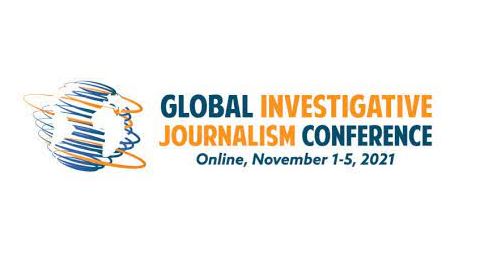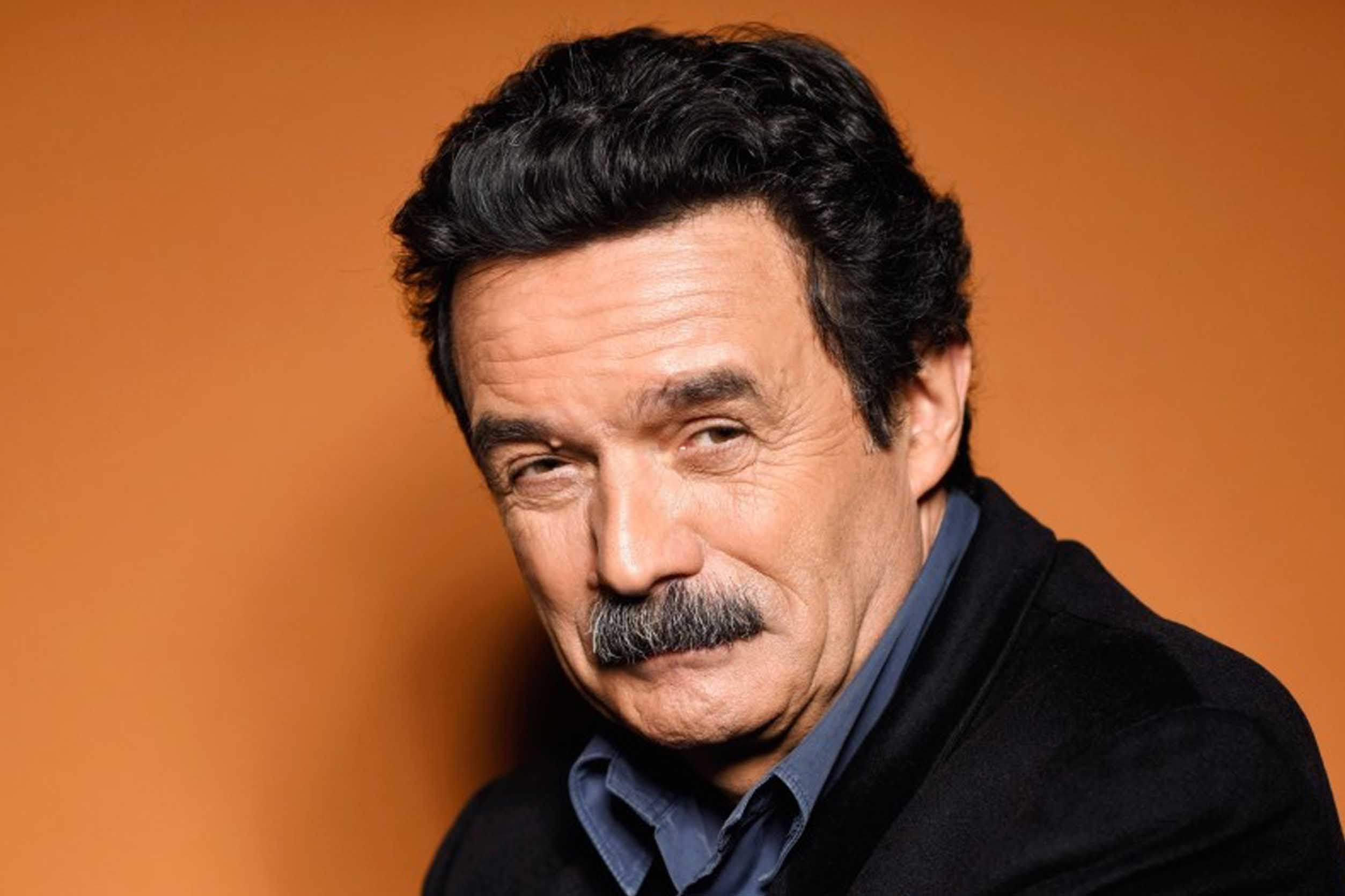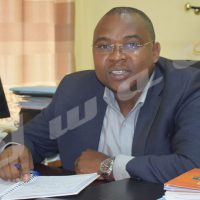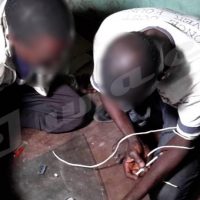At the 12th Global Investigative Journalism Conference which took place online from the 1st to the 5th of November this year, journalists from across the globe have raised challenges that pose a threat to investigative journalism in the world.

GIJC21 logo
David Kaplan, Global Investigative Journalism Network Executive Director has said physical attacks, growing surveillance, abuse mainly on female journalists, intimidation, legal harassments and online trolling are among numerous problems which investigative journalists are faced with while doing their job.
“Some newsrooms face lack of resources, financial support and training,” he added.
Mr Kaplan appreciates, however, the work investigative journalists have been doing despite growing threats against them and their profession.
“Investigative journalists are sued, jailed, killed, and face digital surveillance,” has said Sheila Coronel, Lecturer at the School of Journalism, Columbia University who was also a speaker in this five-day conference.
According to her, investigative journalism will always be threatened as long as democracy is threatened.

Edwy Plenel, Mediapart president: “We must find the information that the powers don’t want to be known to citizens”
As for Edwy Plenel, Founder and director of the French investigative news site Mediapart, investigative journalism is often challenged by authoritarian democracies in some countries. “We are facing a deviation of freedom of expression due to rumors, fake news, propaganda, totalism and racism,” he has said.
Mr Plenel has called on media professionals to practice a more sustainable, credible and documented journalism to address the ongoing threats.
“We must find the information that the powers don’t want to be known to the citizens and publish it for the public interest,” he has said, adding that investigative journalism is the heart of journalism.
For Dapo Olorunyami, publisher at the Nigerian Premium Times, journalism schools should incorporate in their curricula tools that may help journalists debunk threats against them.
“Strengthening democratic voices and shredding anti-democratic ones are always the basic minima for us, and this should be done through truth telling, accuracy in reporting and privileging verification,” he has said.
In one of the conference sessions, Hopewell Chin’ono, a Zimbabwean journalist has said “much of the truth will remain unrevealed if there is no journalism”
Over 1000 investigative journalists from about 150 countries have attended this online Global Investigative Journalism Conference which takes place once in two years and in which 200 speakers have led discussions, lectures, workshops and trainings on investigative journalism, data journalism and more.
Egide Harerimana
















 IWACU Open Data
IWACU Open Data

